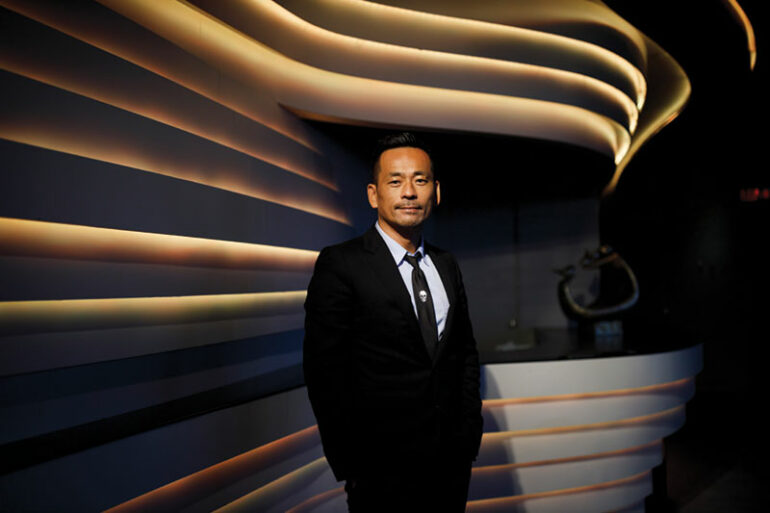A company owned by a Macau corporation which was founded by a suspected triad gangster currently awaiting trial, registered on the Isle of Man and licensed by a British government agency, has been enabling online bookmakers linked to the Chinese criminal underworld to operate in full view and complete impunity.
By Philippe Auclair
Some billionaires like to wear their wealth lightly in order not to attract undue attention. Not so for Chau Cheok-wa, the main shareholder, director and CEO of Macau's SunCity Group. He’s better known as 'Alvin Chau', a flamboyant playboy whose name had regularly appeared in the gossip columns of 'people' magazines in Asia since he'd turned SunCity into one of China's three major so-called 'junket operators'. Thus named as they originally specialised in organising 'junket' trips for super-rich customers in the former Portuguese enclave of Macau, the sole place, alongside Hong Kong, where it is legal to bet in China. Chau might have thought he was untouchable, protected as he was by his fortune, his public persona and the influence he wielded in the gambling nexus of Macau and beyond.
Yet he fell, the most prominent victim of president Xi Jinping's crackdown on gambling to date (*). In November of last year, an arrest warrant was issued by the People’s Procuratorate of Wenzhou city, which, via a post on the Weibo social network, urged Chau to “surrender as soon as possible”, for having “seriously hampered the social order of our country". Along with ten alleged accomplices, Chau was arrested on 29 November 2021 on suspicion of money-laundering, fraud and masterminding an illegal betting network in mainland China. Some sources indicate that this syndicate was responsible for 200 billion US dollars in illegal cross-...



